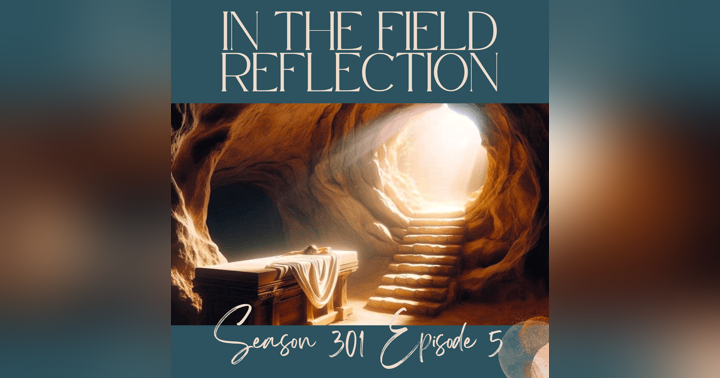The Lamb Surrenders: Jesus’ Arrest at Gethsemane

The Garden of Gethsemane stands as one of history's most pivotal locations, where divinity and humanity collided in the darkness of night. Under a full Passover moon, Jesus faced his coming crucifixion with both divine foreknowledge and human anguish. This profound moment reveals the depth of Christ's surrender, the Lamb surrenders, and offers powerful insights into our own journey of faith. The arrest narrative shows Jesus not as a helpless victim, but as one who willingly laid down his life, demonstrating that true power often manifests through surrender rather than force.
What strikes me most about the Gethsemane account is the stark contrast between Jesus' response and our human instinct for self-preservation. When soldiers and temple guards approached with weapons, led by his own disciple Judas, Jesus didn't flee or fight. Instead, he stepped forward, identifying himself with the simple yet powerful declaration: "I am he." Those words—echoing the divine name—carried such authority that hardened soldiers fell backward. This supernatural moment reveals that Jesus wasn't overpowered; he chose submission. He surrendered not from weakness but from strength, following a divine plan that required his sacrifice. In our own lives, we often view surrender as defeat, yet Jesus demonstrates that surrender to God's will—however painful—leads to ultimate victory.
The betrayal by Judas through a kiss highlights the intimate nature of betrayal. The disciple who had walked with Jesus, heard his teachings, and witnessed his miracles chose to identify him with a gesture of affection. This painful contradiction reminds us how our own divided hearts can lead us to betray what we claim to love. Yet even in this moment, Jesus addressed Judas with gentleness: "Judas, do you betray the Son of Man with a kiss?" His response shows compassion even toward those who wound us most deeply. Jesus knew Judas' inner turmoil and still offered him space for repentance. Similarly, Peter's impulsive violence—cutting off the ear of Malchus—represents how we often try to fight spiritual battles with worldly weapons. Jesus' immediate healing of this enemy demonstrates radical love that transcends the battle lines we draw.
The interrogation before Annas reveals another dimension of Jesus' surrender. When questioned about his teachings, Jesus didn't cower or compromise. He spoke truth to power, referring to his public ministry and transparent teaching. When struck for his response, he didn't retaliate but questioned the injustice calmly. This models for us how to stand firm in truth while remaining gentle in spirit—a difficult balance in confrontational situations. As the night progressed, we see Peter's denial unfolding in the courtyard, a poignant reminder of how our bold declarations can crumble under pressure. Peter's failure wasn't final, though, teaching us that God's redemptive work continues even through our moments of greatest weakness.
The arrest at Gethsemane invites self-reflection: Which character in this narrative most resembles our own heart? Are we like Judas, harboring divided loyalties? Like Peter, bold in declaration but faltering in crisis? Or are we willing, like Jesus, to surrender our will to God's greater purpose? The ultimate message of Gethsemane is paradoxical yet profound: in God's kingdom, surrender leads to victory, death leads to life, and the path of suffering leads to glory. As we face our own gardens of decision, may we find the courage to say as Jesus did, "Not my will, but yours be done."
















